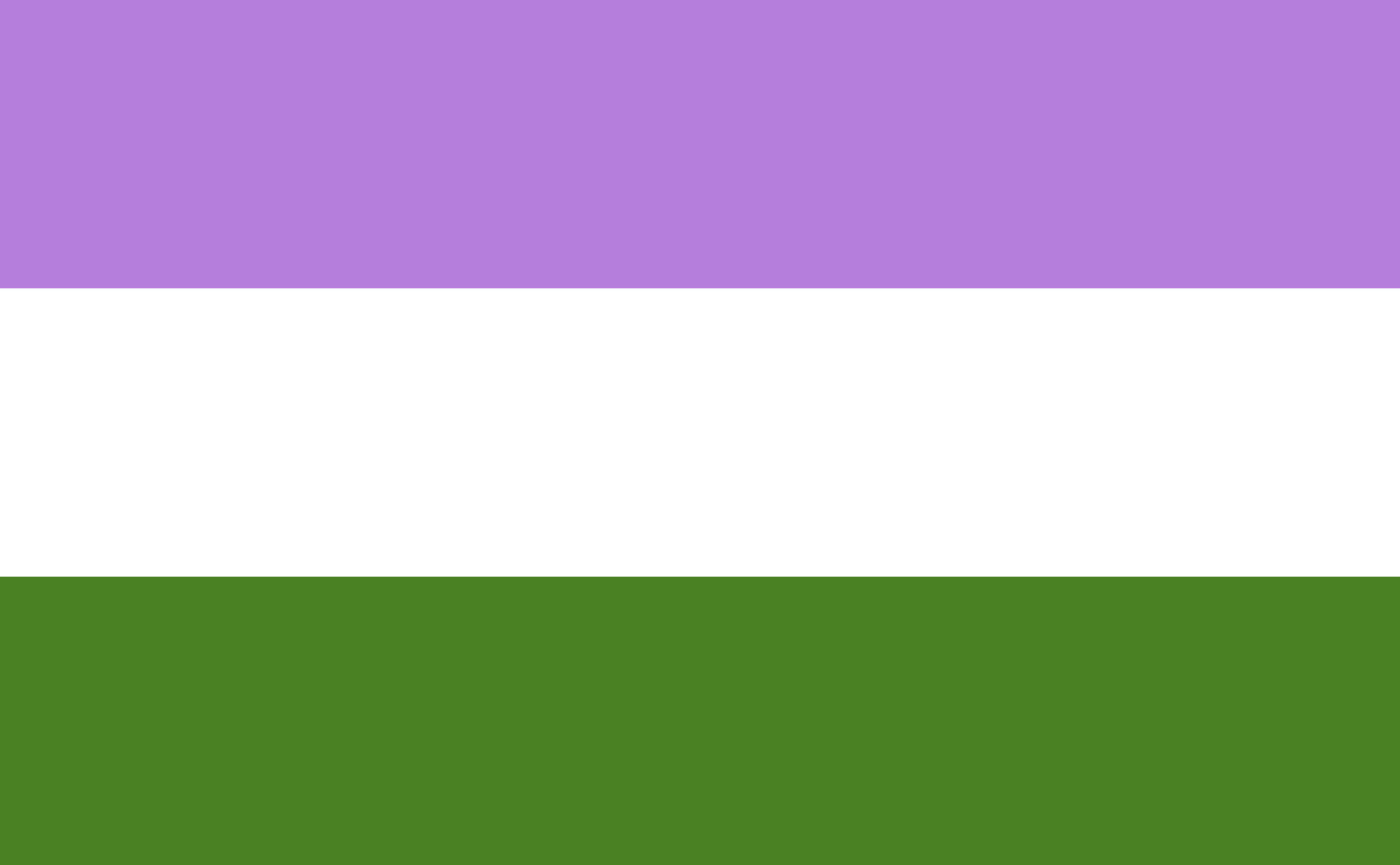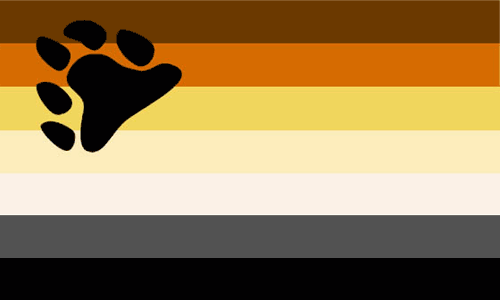Non-binary. What’s that then?
“Non-Binary Genders are gender identities that don’t fit within the accepted binary of male and female. People can feel they are both, neither, or some mixture thereof. It might be easier to view gender as a 1-dimensional spectrum with male on one end, female on the other, and androgyne in the middle- but the reality is that gender is more complex, and 3-dimensional models with axes for male, female, and how strongly you feel attached to that gender identity have been suggested.” from the gender wiki
That, in a nutshell, is me. I have never really identified as ‘female’ and in fact, I’m quoted in a book that I’m not going to link to here that was published in 2006, saying that ‘I do not know what ‘woman’ feels like. I only know what *i* feel like’. At that point, I didn’t know that non-binary existed. I remember as a small child, thinking that I must be a boy. But that feeling faded a bit. I don’t feel female. I don’t feel male. And sometimes I feel like both together, or neither at once. Or – that’s not quite true. There are days when I am comfortable performing gender in one way, and some in another. Today I am wearing a skirt and presenting as you’d expect ‘a woman’ to present. There are other days when I am in jeans and a button-down shirt and presenting in a way you’d expect ‘a man’ to present. And days when I mix that up. Most of the time, my identity is stable. As non-binary. As genderqueer. As me.
But I am perceived (coded) as female. In mixed-gender places where people know my pronouns (they/them/theirs) they use ‘she’ unapologetically and without conscious thought (I hope). I hope, because everyone does it. Counsellors, trainees, workplacements, university, loved ones (at least my loved ones correct themselves. This helps), everyone.
I had a much more personal story written; the story of what’s happening with my placement. But I am choosing not to share it here, and instead, will share something I read on facebook the other day:
“When trans people say “respect our pronouns” we are not just asking you to shift your language, we are asking you to shift an entire paradigm around sex, gender, and race. It’s not enough to change one word when we are asking for the end of an entire worldview.
What we are saying is not just “this word makes me feel good,” but rather I demand the right to narrate my body and my history on my own terms in a system that is predicated on categorizing, containing, and criminalizing me.
When we say “respect” what we mean is fight like hell for me. What we mean is I wasn’t just assigned this gender at birth, I am non-consensually gendered every day and what are you going to do about that?
This is not an opportunity to be politically correct, this is an opportunity to stop being incorrect.” Darkmatter
I do not (yet) call myself trans. But I also recognise that strictly speaking, I am not cisgender; My gender identity is not congruent with the sex I was assigned at birth. But the lines above, they speak to me.
Never assume that you know someone’s pronoun. How we perform our gender does not necessarily have anything to do with our gender identities. You would pretty much always look at me and code me as female. sometimes I wear skirts. Sometimes I wear jeans. I’m still ‘they’.
I post this today, with trepidation. But why should I not be me? Anyone else with me (please feel free to comment and say it’s private and I won’t undo it – unless you’re a person who has automatic approval!)









